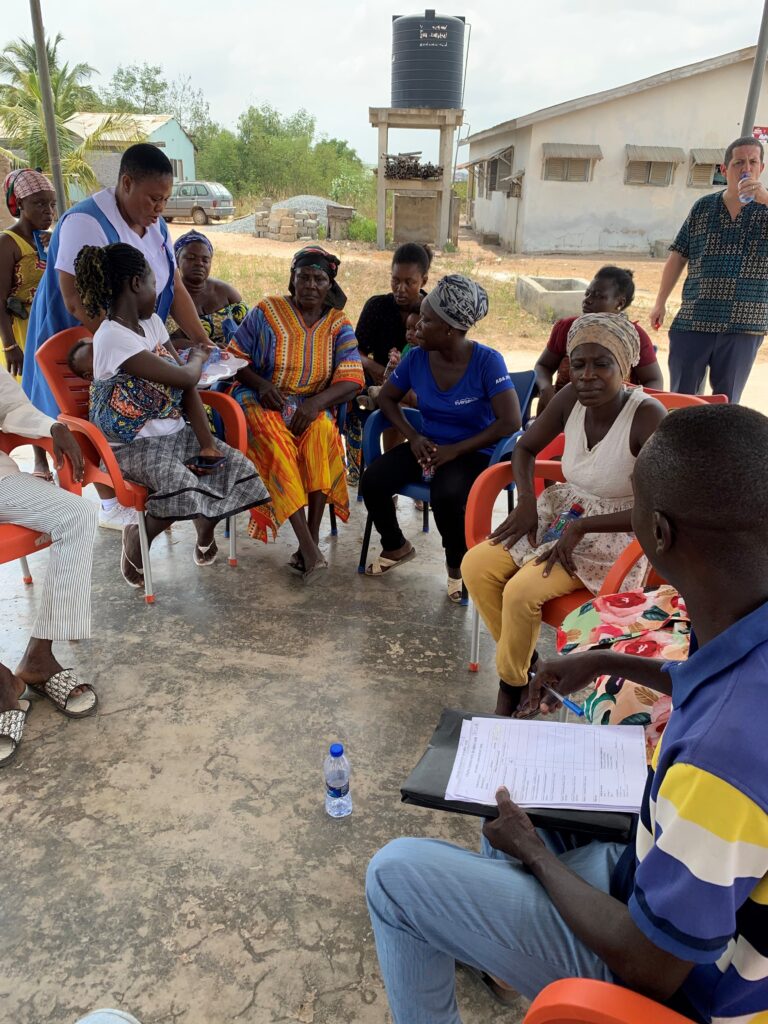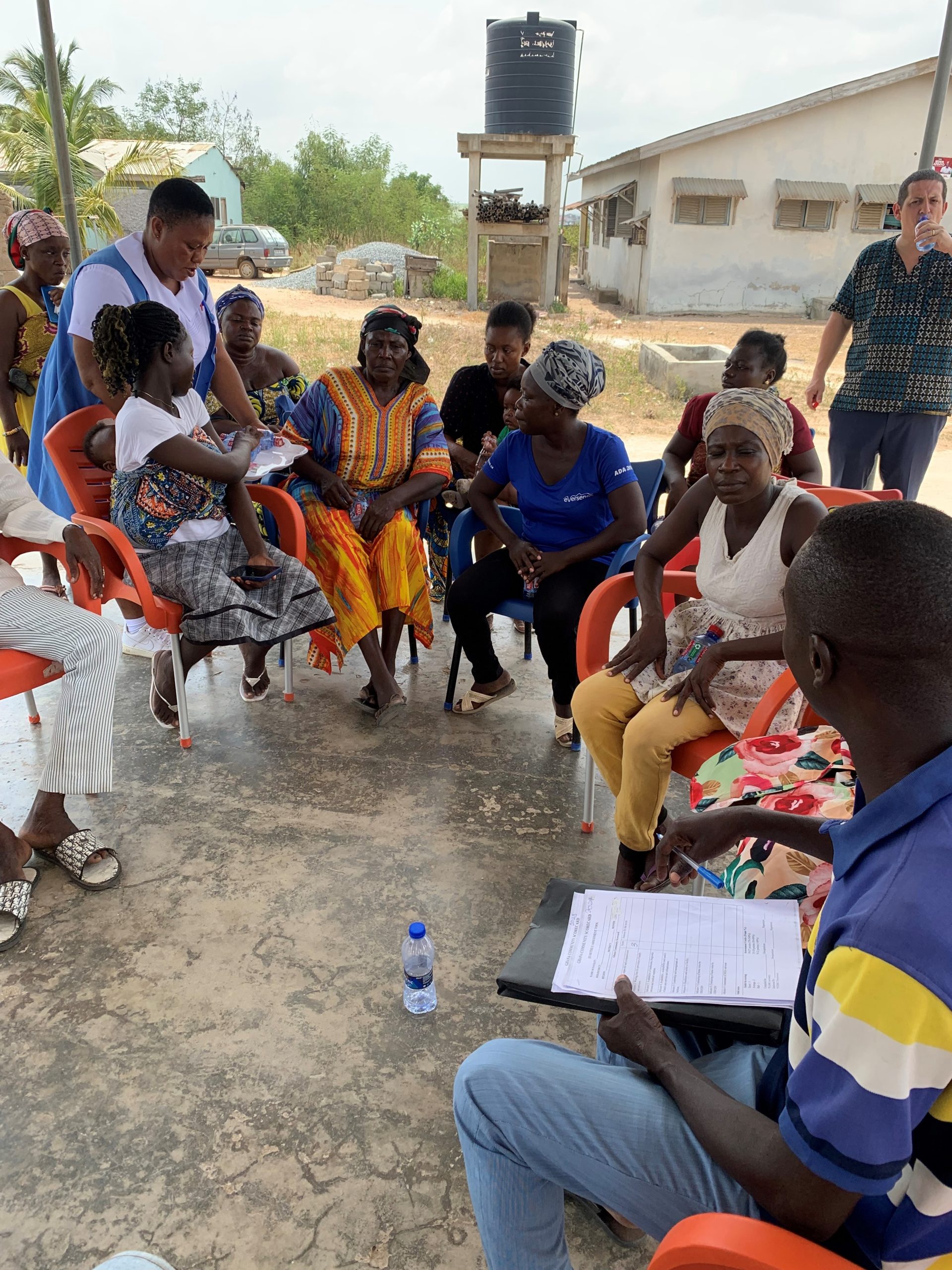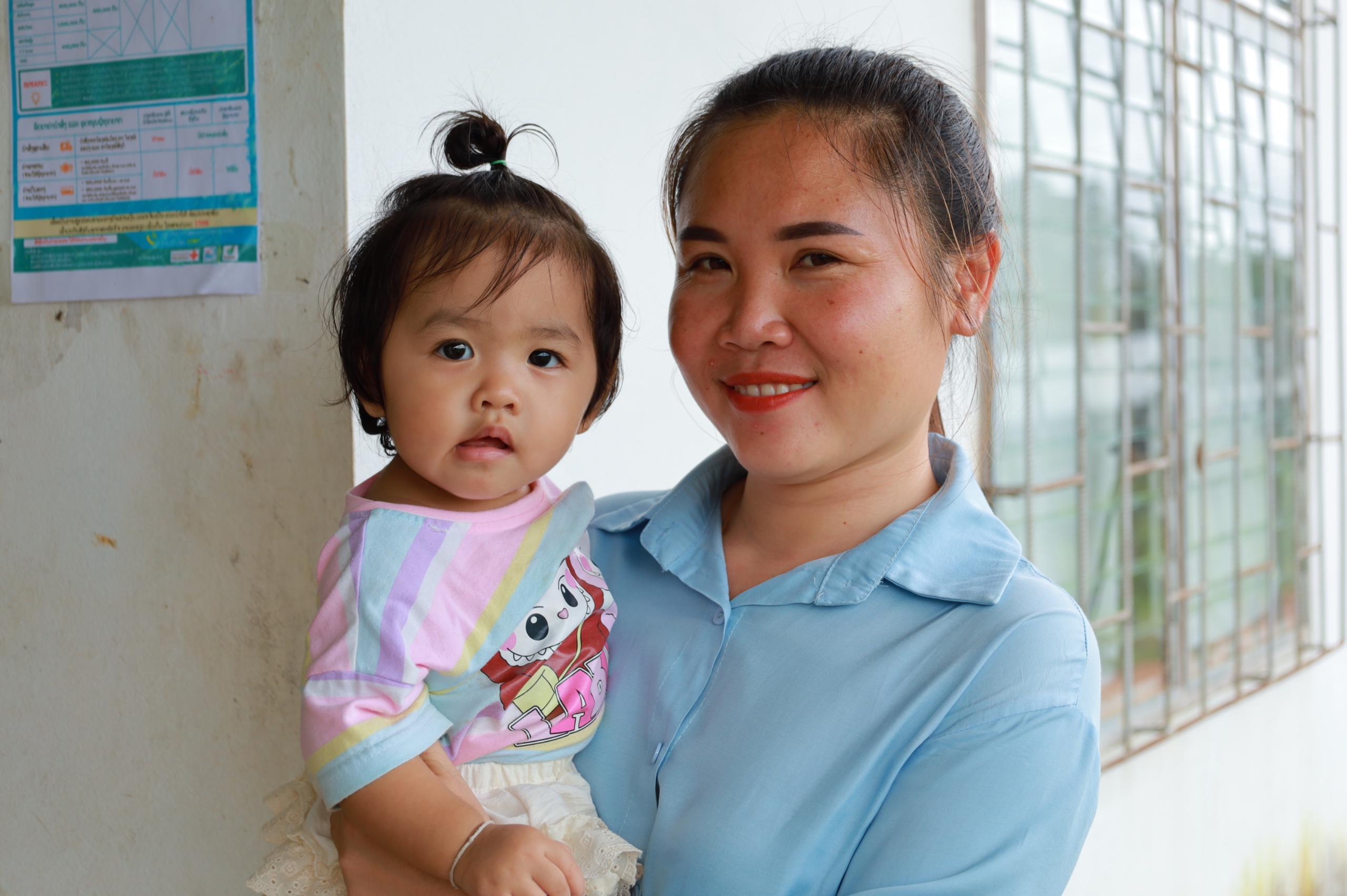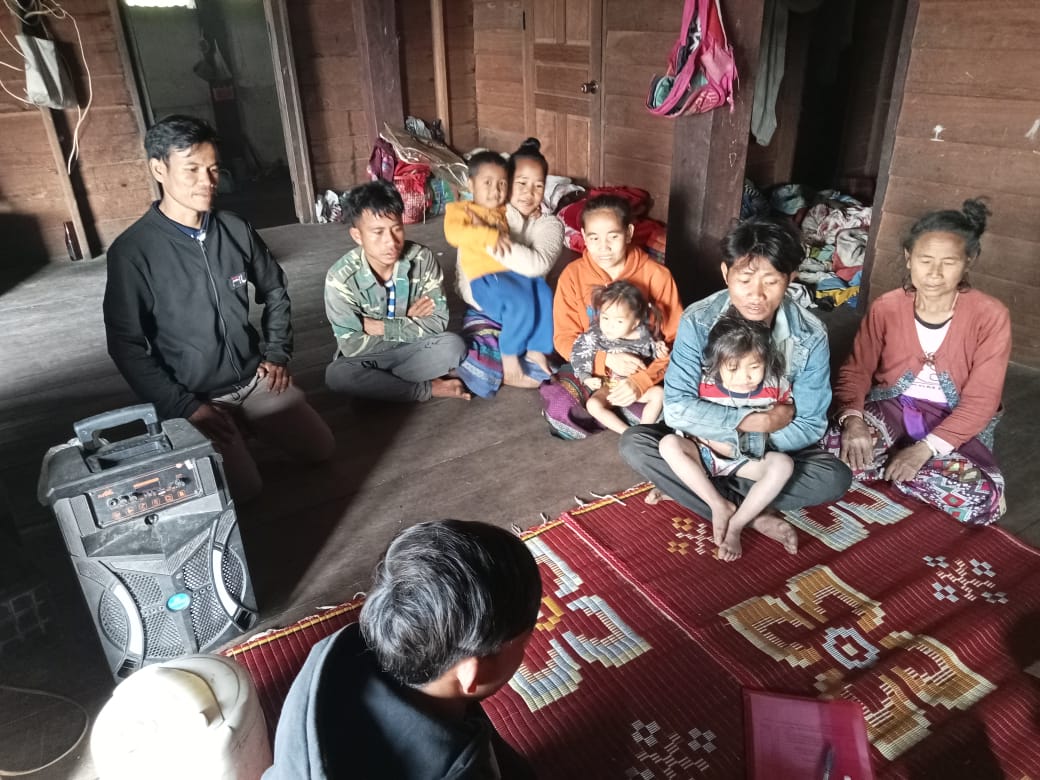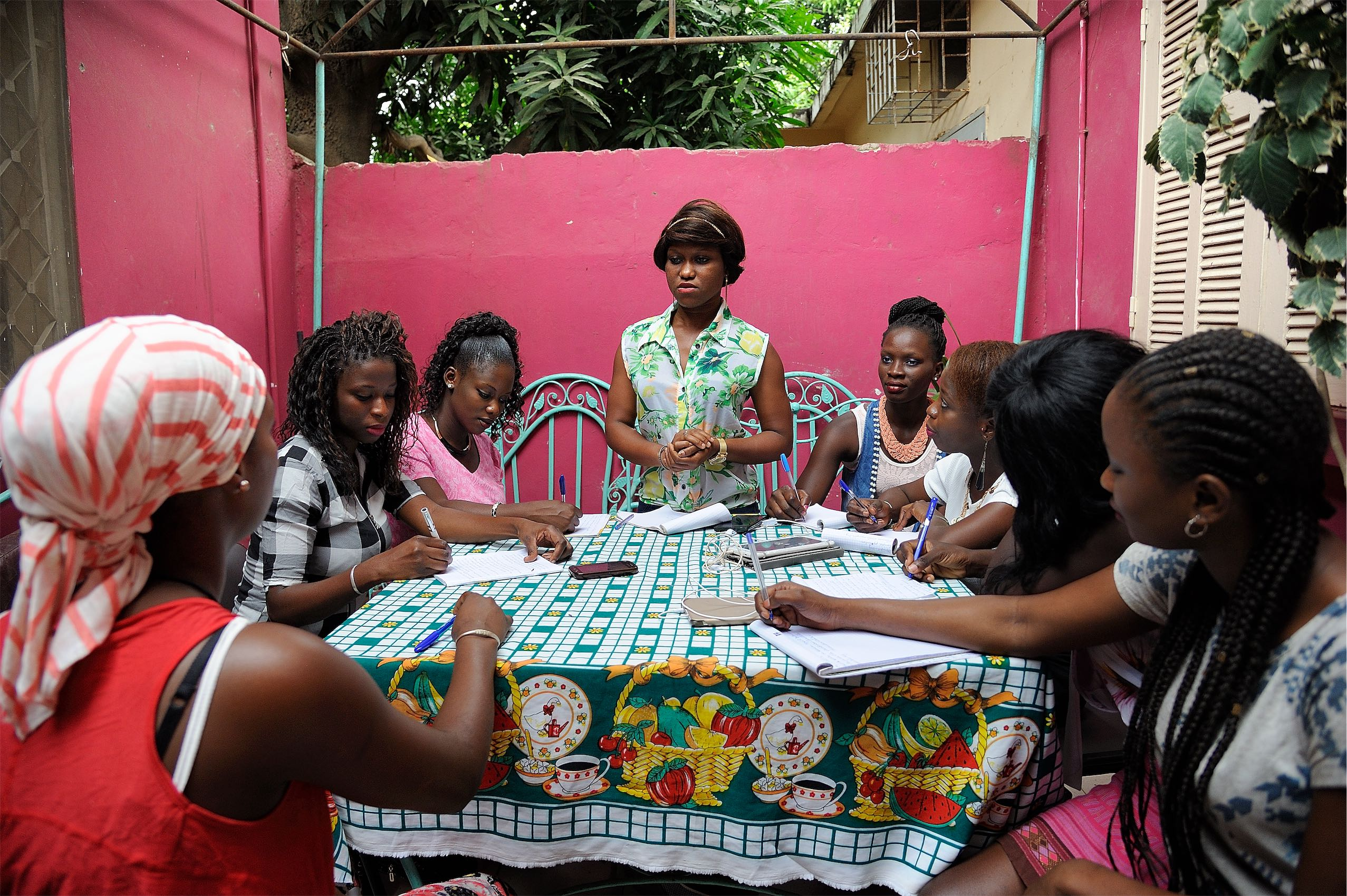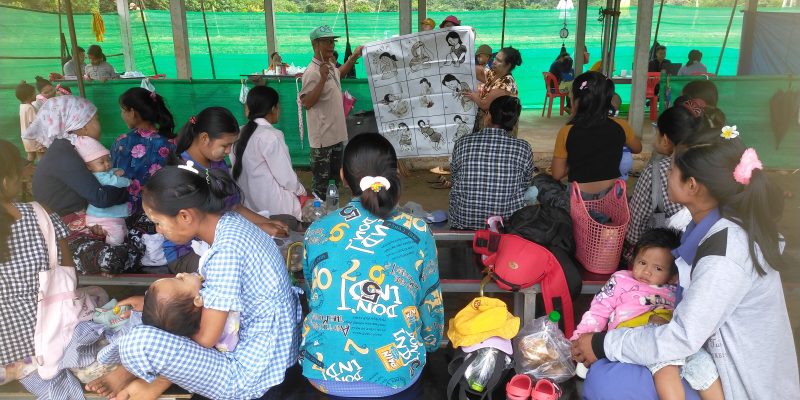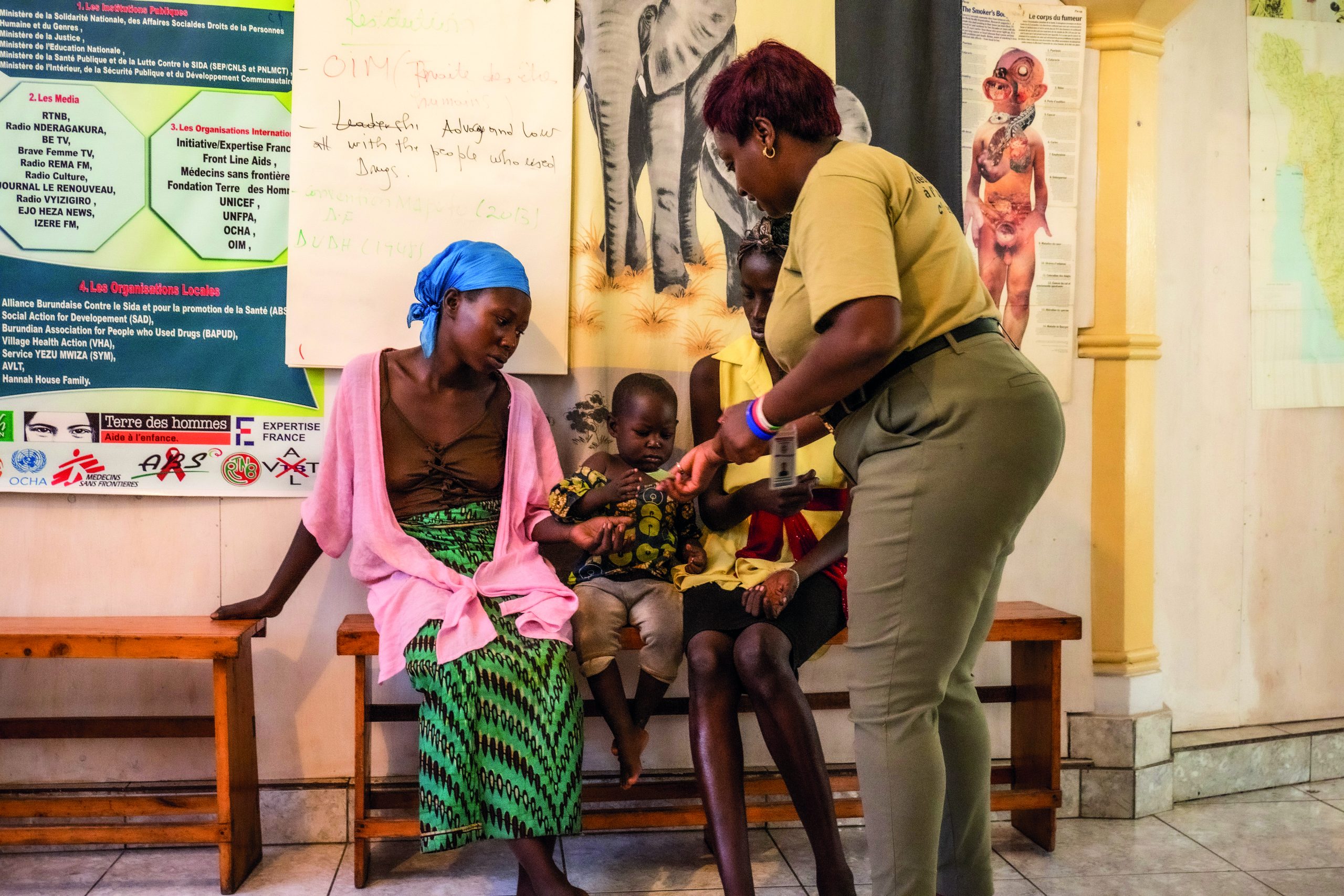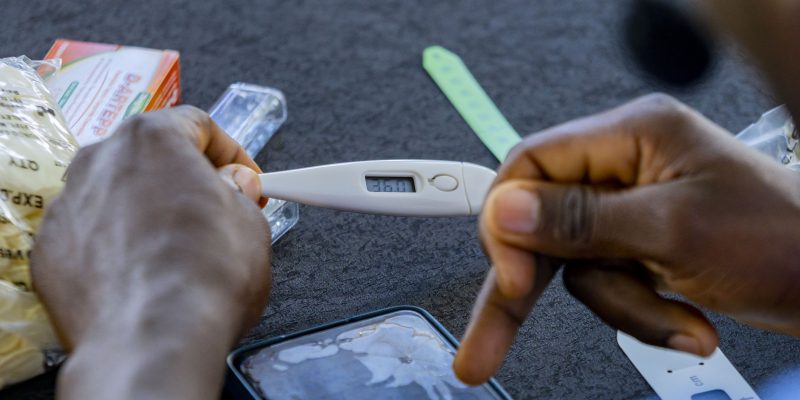The project seeks to strengthen Ghana’s health system through the scaling up of the community scorecard initiative by empowering communities to play an active role in providing feedback and taking action to improve health service delivery and quality of care.
Context
In 2000, Ghana launched the Community-based Health Planning and Services (CHPS) initiative to actively engage communities and provide services. CHPS is a nationwide approach for providing basic community-based health services while integrating communities in health planning and delivery. A CHPS serves at least 5,000 people and is led by a Community Health Officer, with assistance from local community health volunteers and Community Health Management Committees (CHMCs). There are presently over 6,000 operable CHPS zones in Ghana. Community participation, empowerment, ownership, gender considerations, and volunteerism are all essential components of CHPS implementation. Ghana’s Community Scorecard (CSC), established in 2018, has considerably improved the implementation of the CHPS. The scorecard is an accountability instrument for the health system that aims to improve service delivery and community involvement. The CSC allows community people to offer quarterly input on nine critical indicators of the quality of care received at their primary health care facility.
Description
Currently, national public health policy and implementation guidelines encourage community involvement, primarily through organizational structures such as the CHMC with a volunteer acting as liaison between the CHPS and the health sector. The community dashboard provides CHMCs with a systematic method for gathering input on health services and mobilizing communities to develop action plans. It also provides management with the knowledge needed to intervene in appropriate cases. The project builds on the successful implementation of the community dashboard in 23% of Ghana’s primary health care facilities, as well as regional, district, and sub- district managers who were trained. To address the gaps, the project aims to increase the CSC coverage to 76% of all CHPS zones and ensure that 100% of all district hospitals report data in the National Health Information System.
Impact
The CSC routine supervisions of the CHPS will continue to be funded by the government after the project closes-out. The medium-term impact will be the institutionalization of a feedback mechanism and systematic evidence-based decision making to prompt actions resulting in improved health outcomes. In the long term, the health systems gaps will be addressed to strengthen the health system.
